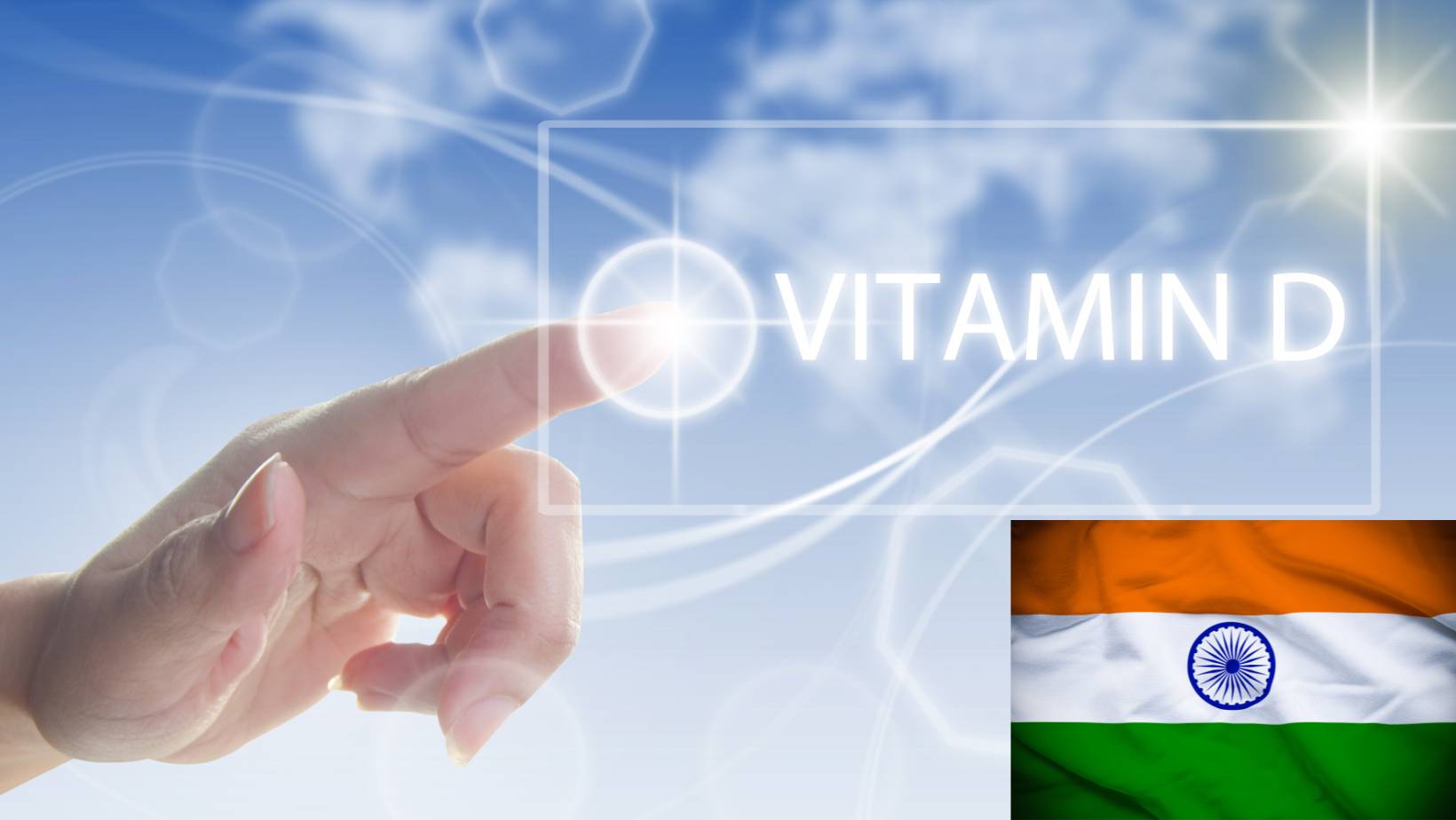India, with its rich sunlight, is experiencing a silent epidemic of Vitamin D deficiency, with one in every five Indians having insufficient levels of the essential nutrient. A recent study by the Indian Council for Research on International Economic Relations (ICRIER) and the ANVKA Foundation points to the shocking incidence of this deficiency, which transcends all sections—from children and pregnant women to healthcare professionals and outdoor workers.
Effects Beyond Bone Health
Vitamin D, known as the "sunshine vitamin," is essential for calcium absorption and maintaining healthy bones. But its lack goes far beyond rickets and osteoporosis, disorders of the skeleton. Low Vitamin D levels have been identified by experts as putting people at risk from impaired immunity, muscle weakness, depression, heart disease, type 2 diabetes, and even some types of cancers. A staggering almost 39% of the population in east India alone makes it the most devastated area in the country.
Why Is India Vulnerable?
The Vitamin D deficiency paradox in a sun-abundant country lies in the following reasons:
-
Urban lifestyle: More indoor living and less sun exposure because of pollution and cultural factors.
-
Dietary patterns: Low intake of foods that are rich in Vitamin D such as fish, eggs, and fortified milk products. Vegetarian diets also cut down on natural sources.
-
Economic obstacles: Excessive costs of testing (₹1,500+) and supplements (₹48–130 per strip) render diagnosis and treatment unaffordable for the masses. Further, an 18% GST on supplements adds to the problem of accessibility.
Vulnerable Groups
Some groups are disproportionately impacted:
-
Children: 46% are afflicted with rickets.
-
Older people: 80–90% have osteoporosis-related risks.
-
Women: In all age groups, they are more susceptible than men.
-
Urban communities: Indoor-based lifestyles make city dwellers more susceptible to deficiency compared to their rural counterparts.
Call for Action
The ICRIER report emphasizes the need for a unified national strategy to combat this silent epidemic. Key recommendations include:
-
Food fortification: Mandating Vitamin D enrichment in staples like milk and edible oils.
-
Cost reductions: Lowering supplement prices and GST rates.
-
Public awareness campaigns: Educating citizens on safe sun exposure and dietary improvements.
-
Integration with existing programs: Leveraging initiatives like PM POSHAN to distribute fortified foods.
A National Concern
Experts point out that remedying Vitamin D deficiency is not just a clinical concern but a public health emergency. If left unaddressed, this problem has the potential to derail India's economic growth and human development agenda. Collective action among policymakers, medical practitioners, and industry stalwarts is imperative to create a healthier and more productive country.
Sources: Business Standard, India TV News, New Indian Express, NDTV, Times of India, Firstpost, The Indian Practitioner, The Print
